Understanding the Complex Dynamics
Growing up with a narcissistic parent can be a daunting and challenging experience. Such parents often have an exaggerated sense of self-importance, lack empathy, and seek admiration, impacting their children’s emotional and psychological wellbeing. This article delves into understanding the effects of narcissistic parenting, recognizing its signs, and exploring strategies for coping and healing from its long-term impact.
Identifying Narcissistic Parents and Their Traits
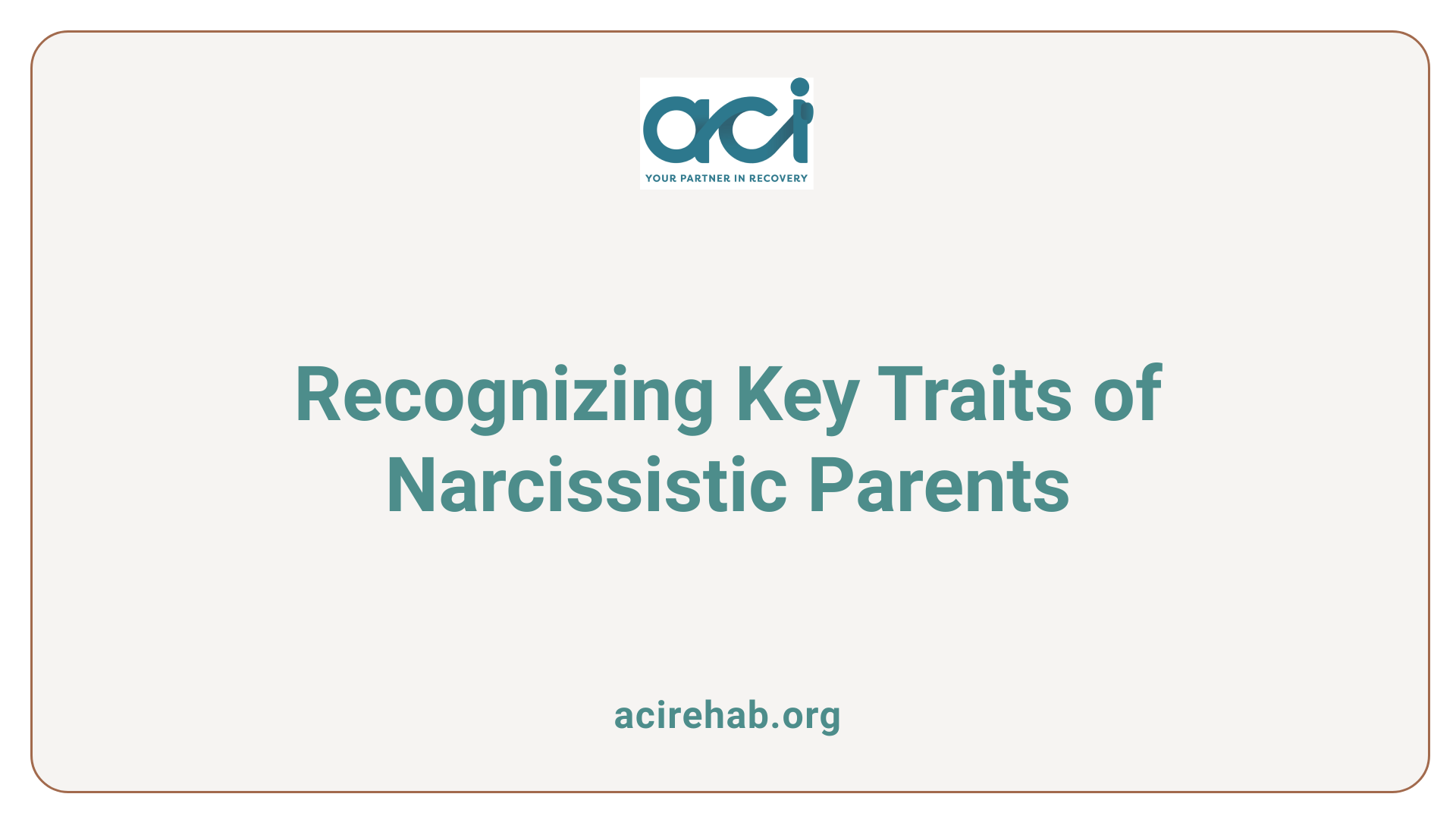
What are common traits of narcissistic parents?
Common traits of narcissistic parents often include possessive and controlling behaviors toward their children. This dynamic typically arises from the parent’s insecurity regarding their child’s independence. Such parents tend to treat their children as extensions of themselves, using their kids’ achievements to fulfill their own emotional needs, leading to a toxic parent-child relationship.
Emotional manipulation
Children raised by narcissistic parents frequently experience emotional manipulation. The lack of appropriate boundaries means their feelings and needs are often invalidated. In these households, children might be categorized into roles like the ‘Golden Child,’ who is overly praised, or the ‘Scapegoat,’ who faces criticism and blame. Narcissistic parents struggle with empathy, leading to harsh punishments if their children fail to meet their frequently unrealistic expectations.
These traits can significantly affect the emotional development of the child. Long-term consequences include identity issues and difficulties in forming healthy relationships. Recognizing these traits is the first step toward understanding the harmful impacts of narcissistic parenting, allowing affected individuals to seek support and healing.
| Traits of Narcissistic Parents | Impact on Children | Examples of Behaviors |
|---|---|---|
| Possessive and controlling demeanor | Struggles with independence | Constantly monitoring children’s activities |
| Treating children as extensions | Difficulty forming identity | Leveraging child’s achievements for personal gain |
| Emotional manipulation | Low self-esteem and anxiety | Invalidating children’s feelings, punishing them for unmet expectations |
| Lack of empathy | Long-term relationship issues | Failing to acknowledge children’s needs or emotions |
Impact on Children Raised by Narcissistic Parents
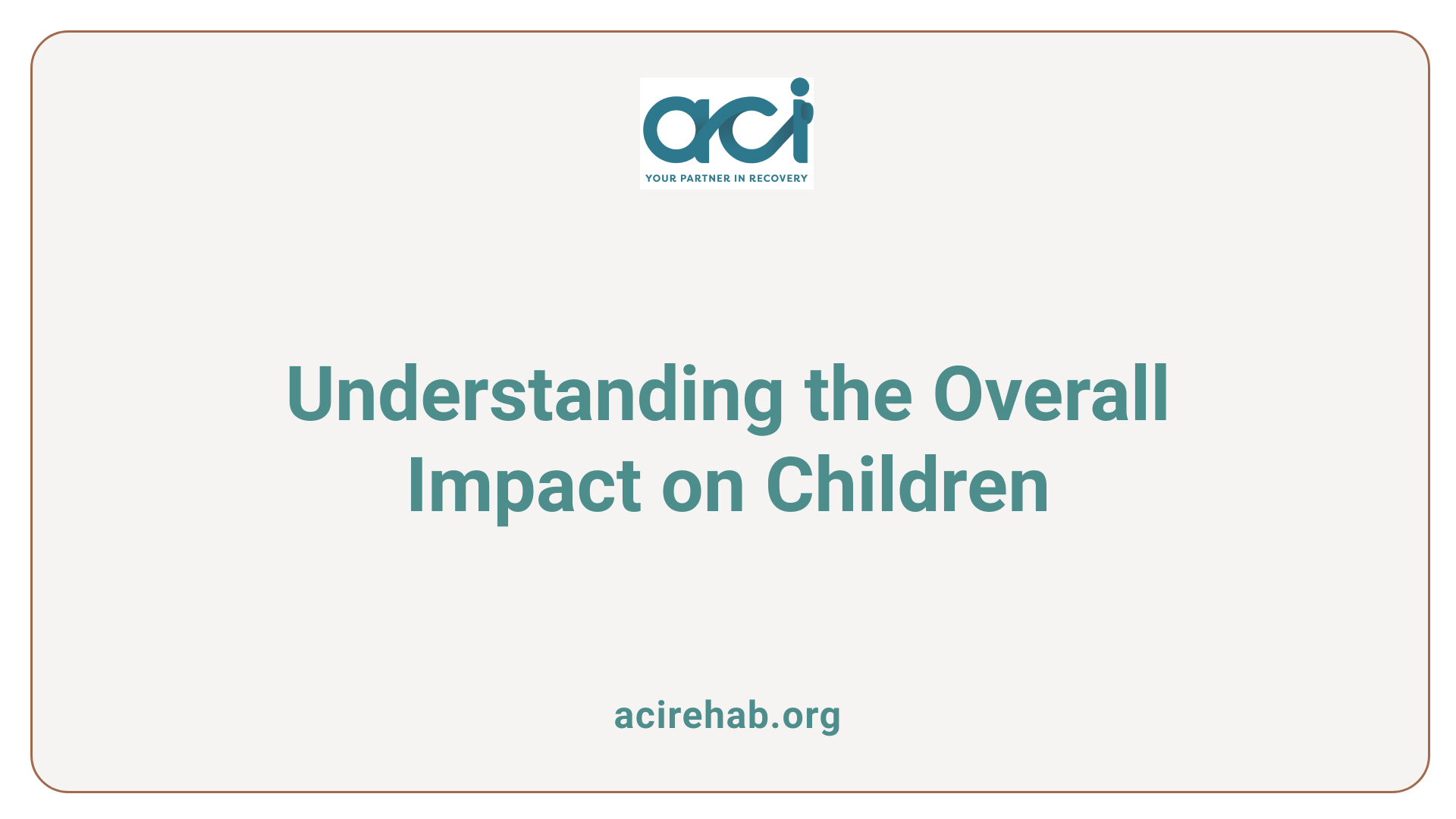
How can having a narcissistic parent affect a child?
Having a narcissistic parent can profoundly affect a child’s emotional development and mental health. These parents often see their children as extensions of themselves, frequently manipulating them through fear and conditional love. This behavior may lead to feelings of low self-worth and anxiety in the child.
As adults, these individuals may struggle with depression, trust issues, and difficulties in forming healthy relationships. They often engage in people-pleasing behaviors or develop codependent dynamics with others.
Below are some critical areas impacted:
| Area of Impact | Description | Long-Term Consequences |
|---|---|---|
| Self-Esteem | Children internalize negative messages about their worth. | Chronic low self-esteem and self-doubt as adults. |
| Emotional Regulation | Difficulty managing emotions due to invalidation. | Increased risk of anxiety and depression. |
| Relationship Dynamics | Tendency to develop unhealthy attachments or avoid intimacy. | Trouble forming meaningful and secure relationships. |
| Identity Formation | Confusion about self-identity separate from the parent’s needs. | Issues with self-identity and purpose in adulthood. |
Additionally, many children raised by narcissistic parents may develop echoistic traits, suppressing their own needs and avoiding attention, which further contributes to chronic self-blame and poor mental health.
Understanding these dynamics is crucial for healing and moving towards healthier interpersonal relationships.
Recognizing Signs and Symptoms in Children
What are signs and symptoms to look for in children of narcissistic parents?
Children raised by narcissistic parents often show a variety of emotional and behavioral symptoms that can significantly impact their development. Some of the prevalent signs include:
- Low Self-Esteem: These children frequently feel unworthy because their self-worth is contingent on their parent’s approval.
- Chronic Self-Doubt: They often struggle to trust their own opinions or feelings, leading to internal conflicts.
- Anxiety and Hyper-Vigilance: Being hyper-aware of their parent’s emotional state can result in anxiety, as they feel the need to please them constantly.
- People-Pleasing Tendencies: Seeking validation externally, these children may go to great lengths to gain approval from peers and authority figures.
- Difficulty Expressing Needs: They often prioritize their parent’s needs, leaving their own unheard and unfulfilled.
- Perfectionism: Striving for unattainable standards can exacerbate feelings of inadequacy when they inevitably fall short.
As these children grow, they might find it hard to establish boundaries in their relationships, perpetuating a cycle of unhealthy dynamics.
Behavioral signs to watch for
In addition to emotional symptoms, children may exhibit specific behaviors such as:
| Behavioral Signs | Possible Outcome | Common Manifestation |
|---|---|---|
| Avoidance of conflict | Difficulty in assertiveness | Routinely conceding or withdrawing |
| Over-accommodation | Loss of personal identity | Neglecting their own interests |
| Intense reactions to criticism | Emotional dysregulation | Mood swings or outbursts |
| Isolation from peers | Loneliness and depression | Limited social interactions |
| Difficulty trusting others | Fear of vulnerability | Reluctance to form close relationships |
Recognizing these signs early can help in providing support and necessary interventions that aid in their emotional healing and development.
Coping Strategies for Children and Adults
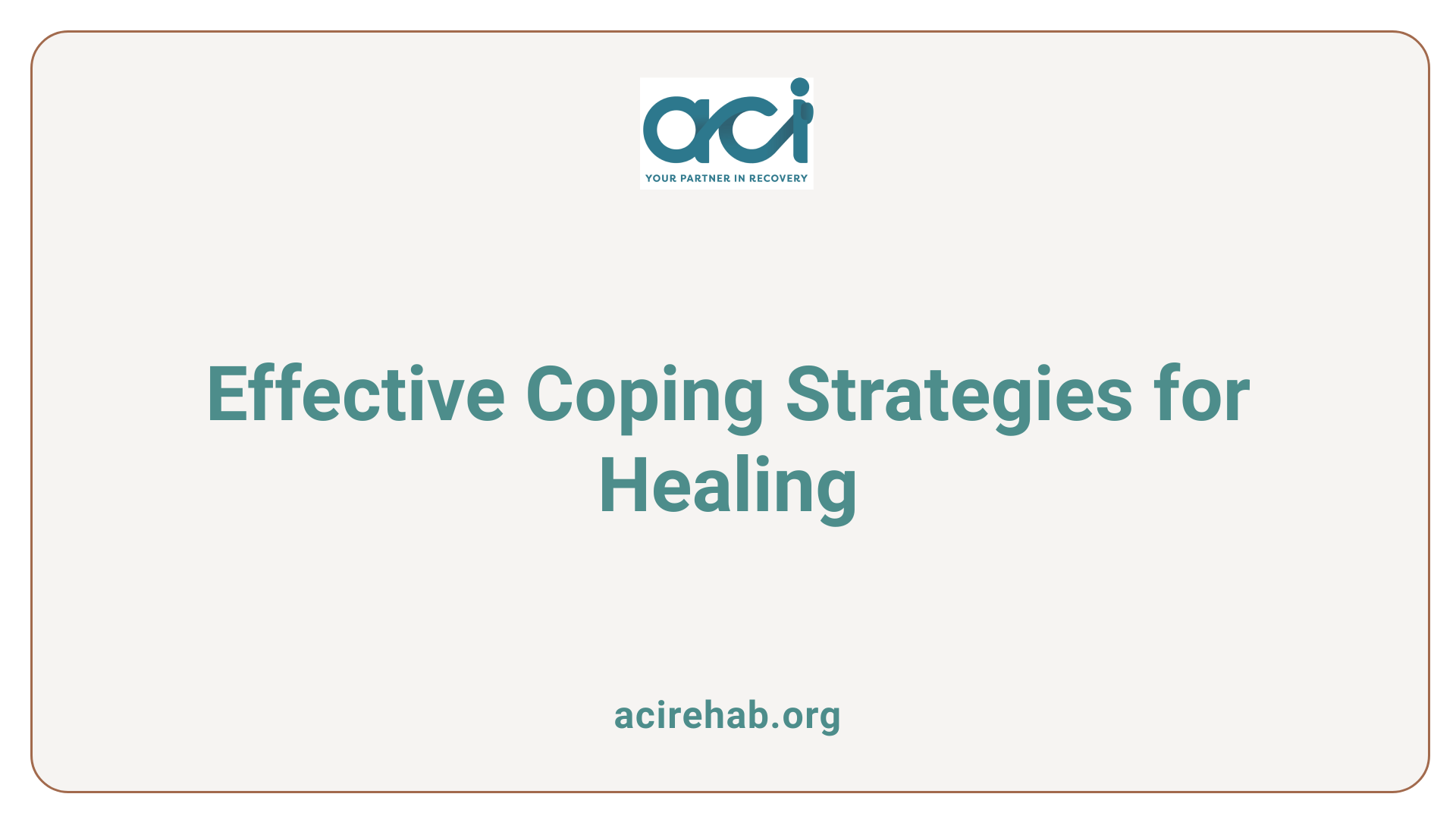
Boundaries and Communication
Establishing solid boundaries is crucial when dealing with narcissistic parents, whether you are a child or an adult. Here are some effective strategies:
- Limit Personal Information: Avoid sharing intimate details about your life, as they might use this information against you.
- Use the Gray Rock Method: This involves being as uninteresting as possible—providing short, unemotional responses. By making yourself less engaging, you can minimize the parent’s emotional pull.
- Maintain Civil Interactions: Strive to keep your conversations superficial. This approach helps you avoid deeper emotional engagements that can lead to conflicts.
- Set Clear Limits: Define acceptable behaviors from your narcissistic parent. Ensure they know what is off-limits in your interactions.
Emotion Management
Successfully managing your emotions in the context of a narcissistic relationship is essential to minimize psychological damage:
- Practice Self-Soothing: Find methods to calm yourself during emotionally charged interactions, such as deep breathing or meditation.
- Seek External Support: Connecting with supportive friends or joining groups can provide vital emotional relief and insights.
- Therapy Options: Engaging with a therapist specializing in narcissistic abuse can help you develop healthier emotional responses and coping mechanisms.
- Limit Time Together: Whenever possible, reduce the duration and frequency of your interactions with your narcissistic parent.
By implementing these coping strategies, individuals can begin to reclaim their emotional well-being and establish a more balanced relationship with their narcissistic parents.
Establishing and Maintaining Boundaries
Importance of Boundaries
Establishing boundaries when dealing with a narcissistic parent is essential for emotional health. These boundaries protect your mental well-being and create a healthier relationship dynamic. Children of narcissistic parents often feel responsible for their parent’s emotions, which can lead to guilt when trying to assert their own needs. By setting clear physical and emotional boundaries, individuals reclaim their autonomy and reduce the risk of being manipulated or emotionally drained.
Methods for Setting Boundaries
Several strategies can help in setting and maintaining boundaries:
- Define Yourself: Clearly understand your needs and values first. Reflect on what behaviors from your parent are unacceptable.
- Use ‘I’ Statements: When communicating your boundaries, express your feelings and needs without blaming, e.g., "I need some time to myself."
- Limit Contact: Depending on your situation, you might choose to reduce how often you interact with your parent.
- Maintain Calmness: Stay composed during discussions. A calm demeanor can help diffuse escalating tensions.
- Seek Support: Engage with friends, support groups, or a therapist for guidance and reinforcement.
These methods can empower individuals to create a safer emotional space, allowing for healing and healthier interactions.
Emphasizing Self-Care and Healing
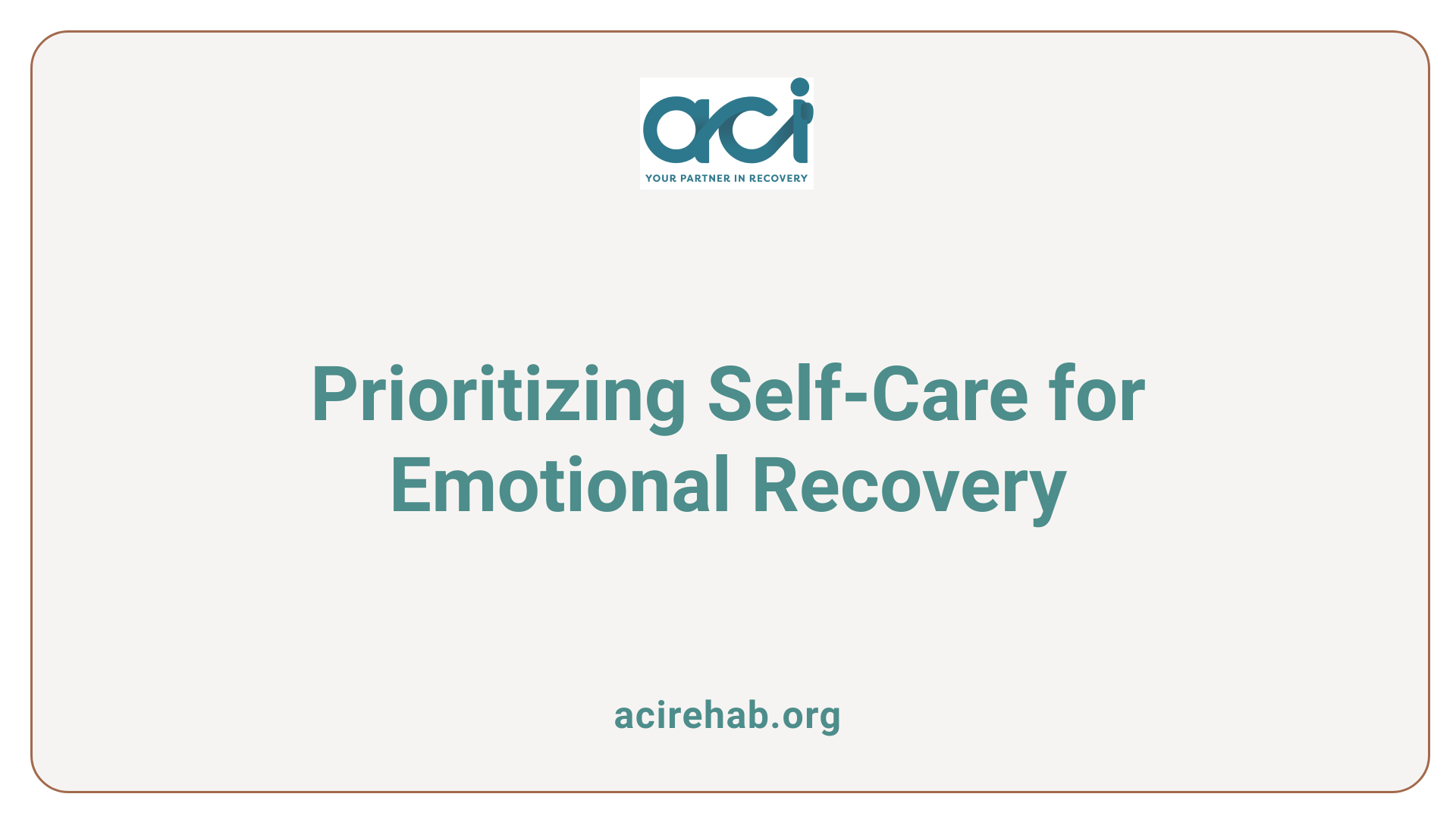
Self-Compassion Practices
Self-compassion is essential for those who have grown up with narcissistic parents. It involves treating oneself with kindness and understanding, particularly during moments of struggle or perceived failure. Here are some effective self-compassion practices:
- Acknowledge Your Feelings: Recognize your emotions without judgment, allowing yourself to feel sadness or anger without criticizing yourself.
- Positive Affirmations: Cultivate a habit of self-affirmation. Speak to yourself as you would to a dear friend, reinforcing your worth and value.
- Mindfulness: Engage in mindfulness exercises to stay present. This can help counteract negative thoughts stemming from your upbringing.
Therapeutic Options
Professional support plays a critical role in healing from the effects of narcissistic parenting. Here are some therapeutic options:
- Cognitive Behavioral Therapy (CBT): This approach can help change harmful thought patterns, allowing individuals to improve their self-perception and tackle anxiety or depression.
- Eye Movement Desensitization and Reprocessing (EMDR): This technique is particularly useful for trauma, helping clients process painful memories and reduce distress.
- Support Groups: Joining groups specifically for adult children of narcissistic parents can provide shared experiences and coping strategies, creating a sense of community.
By focusing on self-care and seeking appropriate therapeutic solutions, individuals can begin to heal from their past and create a more fulfilling and secure future.
Building Resilient Relationships
Personal Development
Growing up with a narcissistic parent can have profound effects on an individual’s self-esteem and emotional regulation. To build resilience, individuals are encouraged to engage in personal development. This can involve a mix of self-care practices such as mindful meditation, exploring personal interests, and self-compassion. Learning to self-soothe and providing oneself with the empathy often missed in childhood can empower individuals to foster a positive self-image.
Healthy Relationship Dynamics
Developing healthy relationship dynamics post-narcissistic upbringing is crucial. Here are some strategies:
| Strategy | Description |
|---|---|
| Establish Boundaries | Set clear limits to protect emotional well-being while respecting others. |
| Seek Professional Help | Therapy can guide individuals in overcoming childhood issues and building resilience. |
| Choose Supportive Friends | Surrounding oneself with understanding people can help reinforce healthy interactions. |
| Practice Open Communication | Use ‘I’ statements to express needs without triggering defensiveness in others. |
| Engage in Self-Reflection | Regular self-assessment encourages growth and awareness of personal needs. |
Establishing these practices will not only aid in healing from past trauma but also cultivate healthier relationships moving forward.
Resources and Support Systems
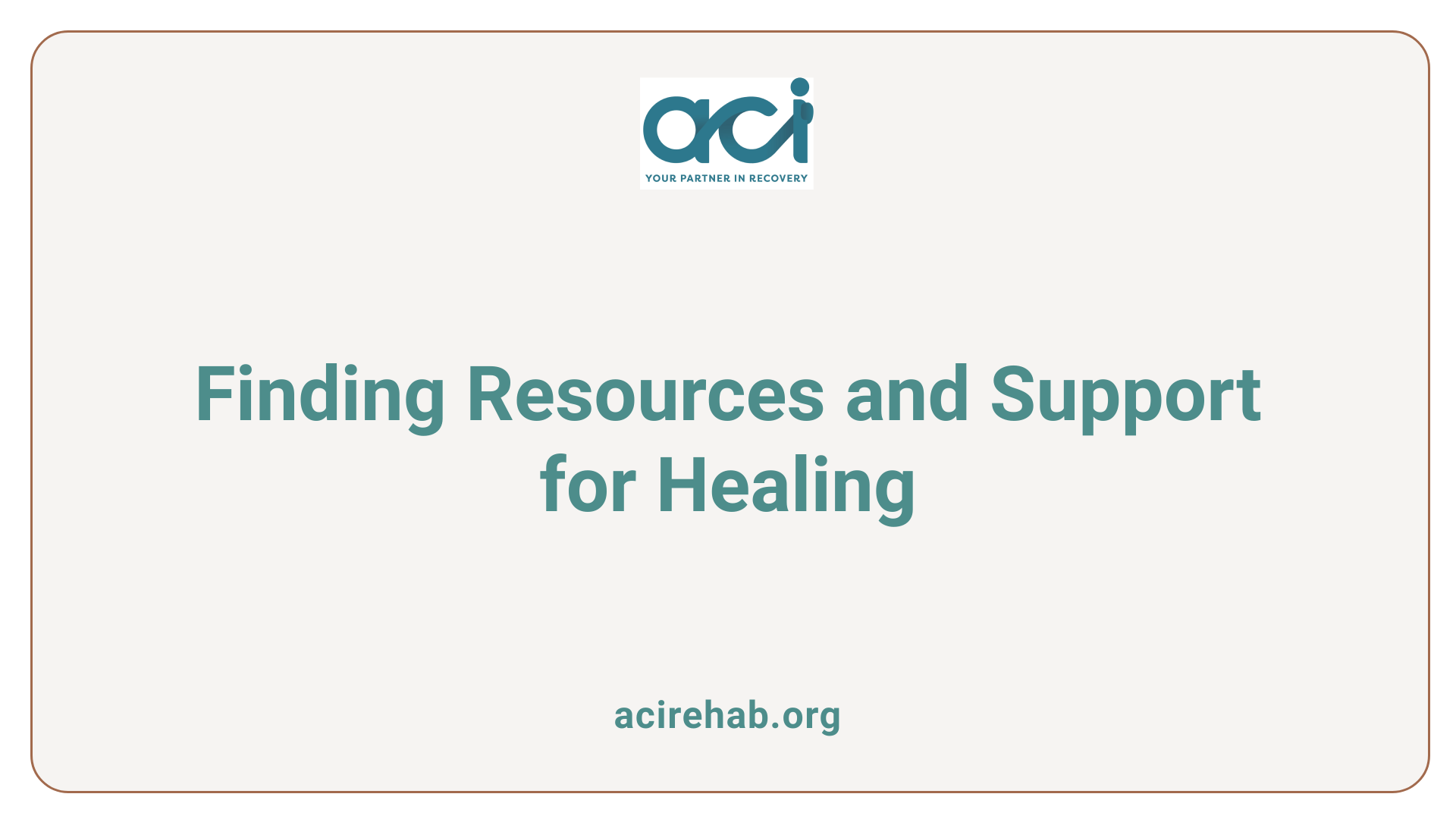
Therapy and Counseling
For individuals raised by narcissistic parents, therapy can be transformative. Cognitive Behavioral Therapy (CBT) is particularly beneficial for adults, helping them reframe harmful belief patterns and improve self-esteem. Trauma-focused therapies, including EMDR, also assist in processing childhood trauma associated with narcissistic parents. Seeking a therapist who specializes in narcissistic family dynamics ensures that the individual receives tailored support to address their unique experiences and emotional struggles.
Support Groups and Networks
In addition to therapy, participating in support groups can provide essential community and understanding. These groups offer a safe space for sharing experiences, coping strategies, and the emotional complexities of growing up with a narcissistic parent. Online forums and local meet-ups connect individuals with shared histories, fostering a sense of belonging and validation. Reaching out to friends and family who understand narcissistic traits can also enhance emotional resilience, aiding in healing and personal growth.
Intergenerational Effects and Forgiveness
Dealing with Trauma
The lasting impact of growing up with a narcissistic parent can perpetuate patterns of emotional distress across generations. Those raised by narcissistic figures often wrestle with unresolved grief from their childhood, leading to low self-esteem and anxiety. Therapy is crucial in addressing these traumas, offering strategies to process painful memories and establish healthier self-identities. Seeking support, whether through therapy or support groups, is necessary to mend the emotional scars left by such toxic relationships.
Forgiveness and Moving Forward
Forgiveness can act as a healing mechanism for adult children of narcissists. It helps reduce feelings of anger and anxiety, fostering a more hopeful outlook on life. However, forgiveness doesn’t necessitate excusing the abusive behavior; it simply allows individuals to reclaim their emotional well-being and self-worth. Ultimately, the journey towards self-acceptance and healing from a narcissistic upbringing involves both recognizing the harm done and consciously choosing to let go of the associated burdens.
Pathways to Healing and Growth
Healing from the scars of narcissistic parenting takes time and effort, but it is possible. By understanding these complex dynamics, setting firm boundaries, and engaging in self-care and therapy, individuals can reclaim their sense of self and move towards healthier, more fulfilling relationships.
References
- How to Deal With a Narcissistic Parent – Verywell Mind
- Narcissistic Parents: Traits, Signs, & Coping Strategies
- 8 Ways to Heal from a Narcissistic Parent – Psych Central
- 10 Crushing Ways Growing up with Narcissists Affects Mental Health
- How to Handle a Narcissistic Mother, What Works – WebMD
- How to Manage Narcissistic Parents as They Age | Psychology Today
- Stop the Insanity: How to Handle a Narcissistic Parent – Terri Cole
- 7 Signs of a Narcissistic Parent and How to Cope – Verywell Health

